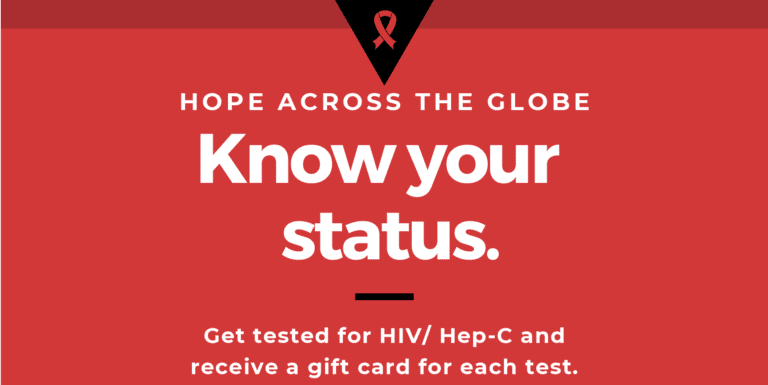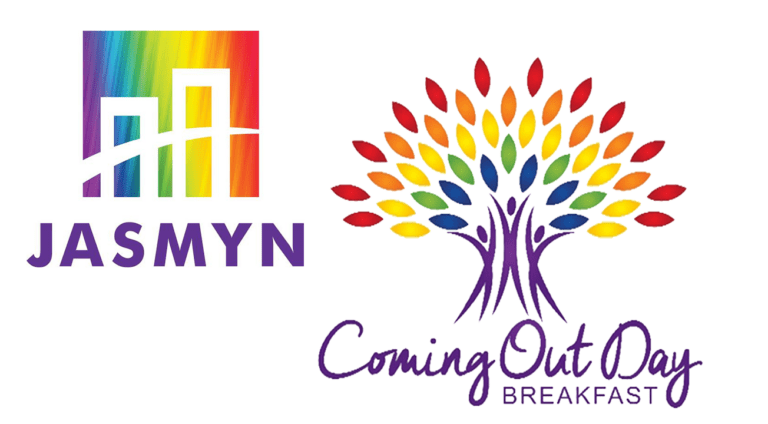Can You Get Aids from Kissing?
The fear of contracting HIV/AIDS has been a topic of concern and misinformation since the early days of the epidemic. In the quest for accurate information, one question that often surfaces is, “Can you get AIDS from kissing?” It’s a question rooted in both fear and genuine curiosity, as kissing is an intimate act shared by many. In this comprehensive exploration, we will delve into the science of HIV transmission, clarify the risks associated with kissing, and emphasize the importance of Jacksonville STD testing. We are joined by Hope Across The Globe, a dedicated STD testing clinic, in our mission to debunk myths and provide essential knowledge about HIV/AIDS.
Understanding HIV and AIDS
Before addressing the specific question of whether HIV can be transmitted through kissing, let’s begin with a foundational understanding of HIV and AIDS.
HIV (Human Immunodeficiency Virus)
HIV is a virus that attacks the body’s immune system, specifically targeting CD4 cells (T cells), which play a critical role in the immune response. When HIV infects these cells, it gradually weakens the immune system, making it difficult for the body to fight off infections and diseases. HIV can be transmitted through specific bodily fluids, including blood, semen, vaginal fluids, rectal fluids, and breast milk.
AIDS (Acquired Immunodeficiency Syndrome)
AIDS is the advanced stage of HIV infection. It occurs when the immune system is severely damaged, and the body becomes vulnerable to a range of opportunistic infections and certain cancers. Not everyone with HIV will develop AIDS, especially with access to modern medical treatments like antiretroviral therapy (ART), which can effectively manage the virus and prevent the progression to AIDS.
Can You Get AIDS from Kissing?
The short and scientifically supported answer is no, you cannot contract AIDS (or HIV) through kissing under normal circumstances. Kissing is not considered a significant mode of HIV transmission. However, let’s delve deeper into the specifics to understand why.
Saliva and HIV
Saliva plays a crucial role in this context. HIV is not typically found in saliva, and even if it were present in very small quantities, the virus would be unlikely to survive the conditions in the mouth, where it would be exposed to enzymes, mucous membranes, and other factors that inhibit its transmission.
Conditions Required for HIV Transmission
HIV transmission requires specific conditions that are not met through kissing:
- Direct Access to the Bloodstream: HIV must have direct access to the bloodstream to establish an infection. This typically occurs through activities involving the exchange of bodily fluids, such as sexual intercourse, sharing needles for drug use, or receiving contaminated blood transfusions (a risk that has been virtually eliminated with modern blood screening procedures).
- High Viral Load: The person transmitting the virus must have a sufficiently high viral load (the amount of HIV in their blood or bodily fluids) for transmission to occur. A person with a low viral load, or someone effectively managing their HIV with antiretroviral therapy (ART), is much less likely to transmit the virus.
Rare and Exceptional Cases
While kissing is not a significant risk for HIV transmission, it’s essential to acknowledge that exceptionally rare cases of HIV transmission have been reported in unusual circumstances. These cases typically involve additional factors, such as open sores or bleeding gums in both individuals, which could facilitate direct access to the bloodstream. However, such cases are extremely rare and should not be a cause for concern in typical kissing scenarios.
The Importance of HIV Testing
While kissing is not a route for HIV transmission, it’s crucial to emphasize the significance of regular HIV testing for individuals who engage in behaviors that could put them at risk for HIV infection. This includes sexual activities that involve the exchange of bodily fluids, sharing needles for drug use, and unprotected sex.
Why HIV Testing Matters:
- Early Detection: Early detection of HIV is essential for timely medical intervention. Starting antiretroviral therapy (ART) early can effectively manage the virus, slow disease progression, and protect the immune system.
- Preventing Transmission: Knowing your HIV status allows you to take precautions to prevent the transmission of the virus to sexual partners. Practicing safe sex and using pre-exposure prophylaxis (PrEP) when necessary are vital steps in reducing the risk of transmission.
- Health Monitoring: Regular HIV testing enables healthcare providers to monitor your viral load and CD4 cell count, which are critical indicators of HIV progression and treatment effectiveness.
- Reducing Stigma: Increasing awareness of one’s HIV status helps reduce the stigma associated with the virus. Knowledge and education are powerful tools for dismantling misconceptions and discrimination.
Hope Across The Globe: Promoting HIV Awareness and Testing
In Jacksonville, Florida, Hope Across The Globe plays a vital role in promoting HIV awareness and providing accessible HIV testing services to the community. Their commitment to early detection aligns with global efforts to combat HIV and reduce its impact on individuals and communities.
Services Offered by Hope Across The Globe:
- HIV Testing: Hope Across The Globe offers confidential HIV testing services, making it easy for individuals to know their HIV status without fear of judgment or financial constraints.
- Counseling and Support: The HIV clinic provides counseling and assistance to those who have been diagnosed with HIV, assisting them in dealing with the emotional and physical challenges that can come their way.
- Education and Outreach: Hope Across The Globe actively engages in community outreach and education to promote awareness of HIV, preventative methods, and the benefits of regular testing.
- Treatment Referral: Individuals who test positive for HIV might be referred to healthcare specialists who specialize in HIV care and treatment. Early treatment is extremely important for managing HIV effectively.
The Role of Community-Based Organizations
Community-based organizations like Hope Across The Globe are essential in reducing the spread of HIV and improving the quality of life for those living with the virus. They serve as pillars of support, providing education, testing, and advocacy. By increasing awareness and access to testing, these organizations contribute significantly to the fight against HIV.
Conclusion
The question of whether you can get AIDS from kissing is rooted in both fear and a desire for accurate information. It’s essential to dispel myths and clarify the scientific realities. Kissing is not considered a significant mode of HIV transmission, and the risk associated with it is exceptionally low under normal circumstances.
However, it’s crucial to stress the importance of regular STD testing for individuals who engage in behaviors that could put them at risk for HIV infection. Early detection, treatment, and prevention are key components of the global effort to combat HIV and reduce its impact.
Hope Across The Globe’s dedication to promoting HIV awareness and offering confidential HIV testing services in Jacksonville, FLIH, is a testament to the power of community-based efforts in the fight against HIV. By breaking down barriers to testing and raising awareness, organizations like Hope Across The Globe play a pivotal role in preventing new infections, improving health outcomes, and dismantling the stigma associated with HIV.
Knowledge is a powerful tool, and knowing your HIV status empowers you to make informed decisions about your sexual health, protect your loved ones, and contribute to the global endeavor to end the HIV epidemic. Don’t hesitate; get tested today and be part of the solution in the fight against HIV. Hope Across The Globe is here to support you on this journey.
Related Tag: Jacksonville STD Clinic






